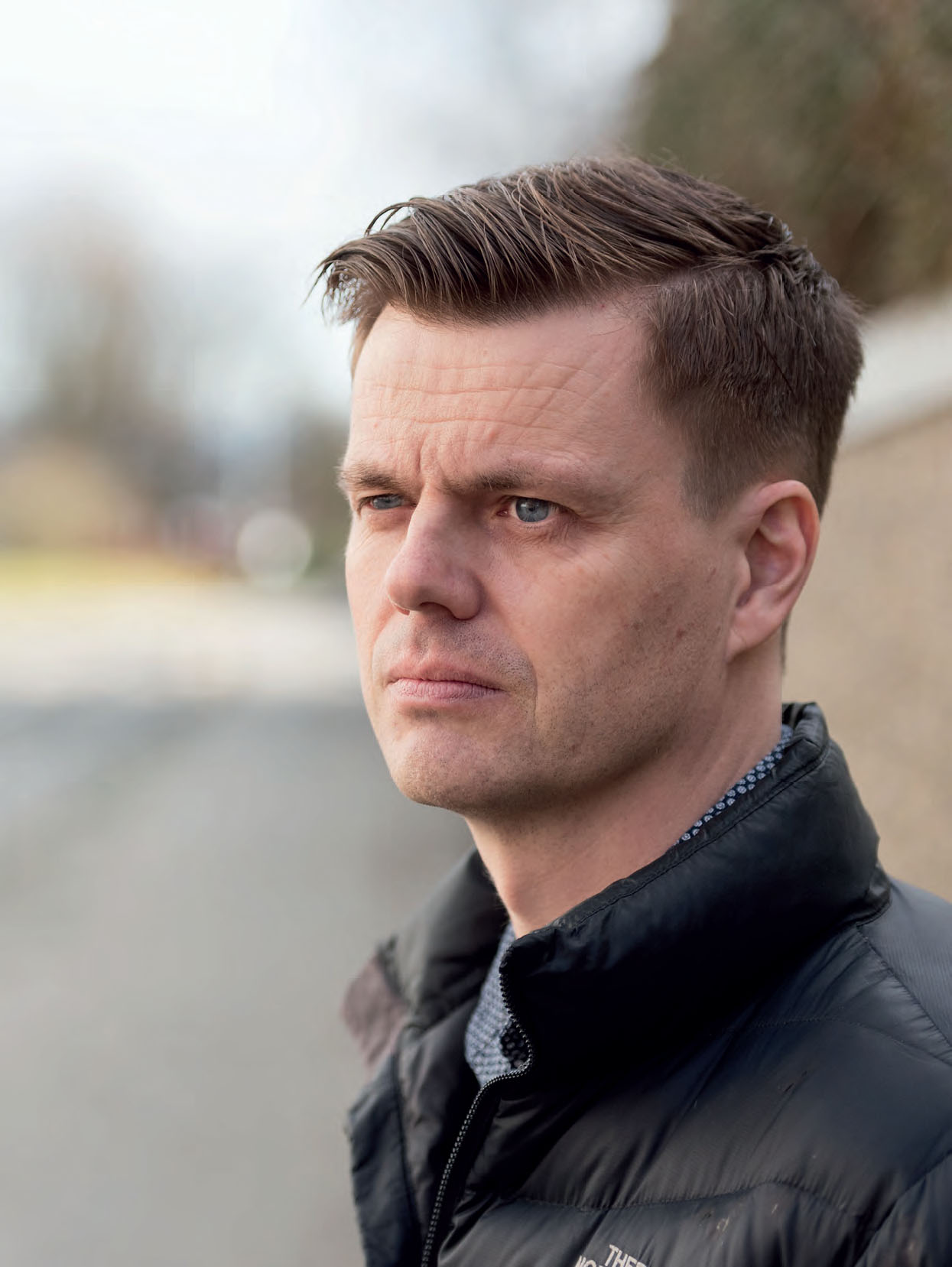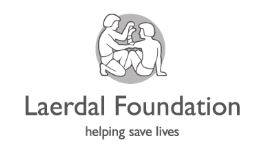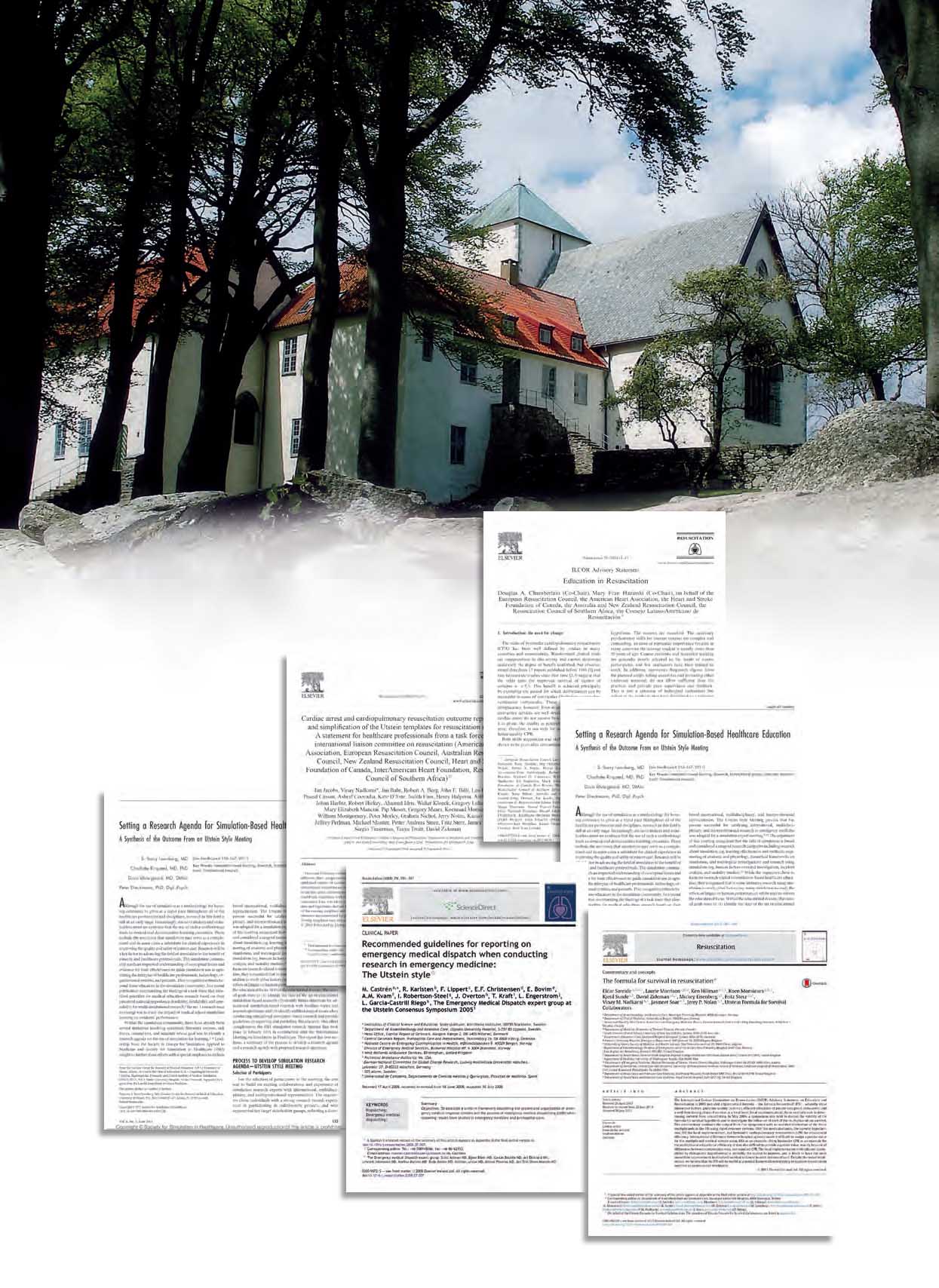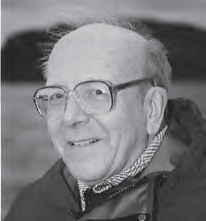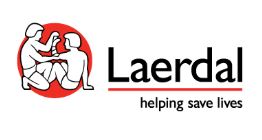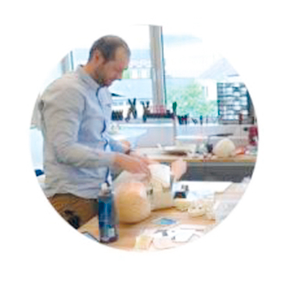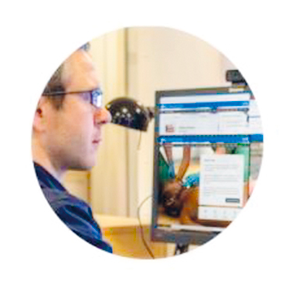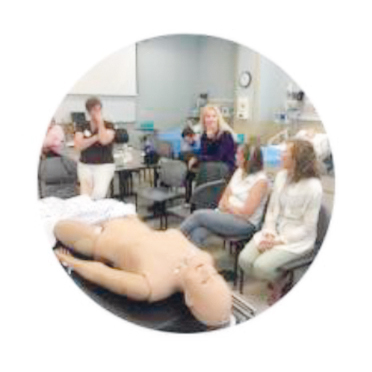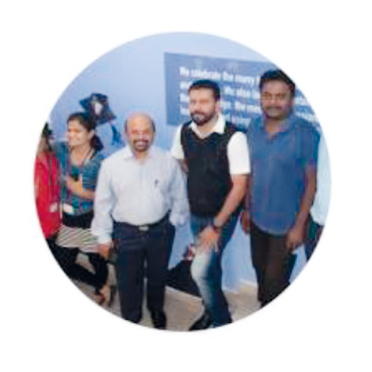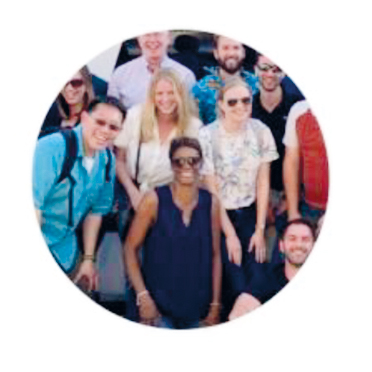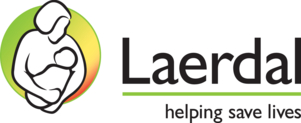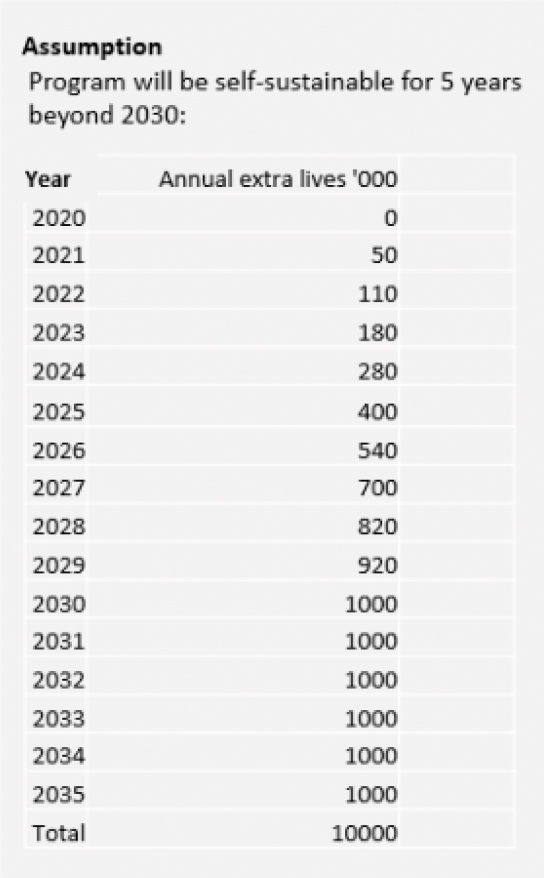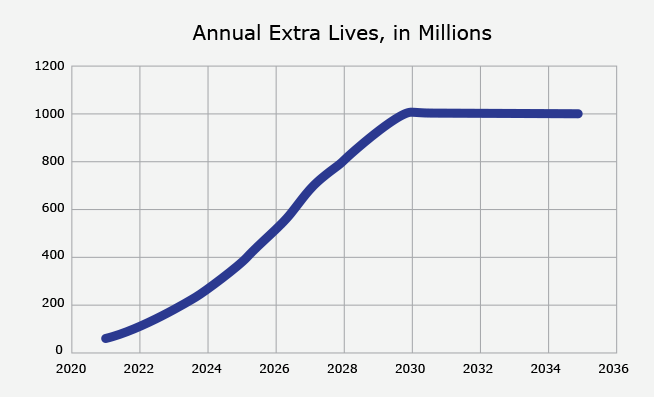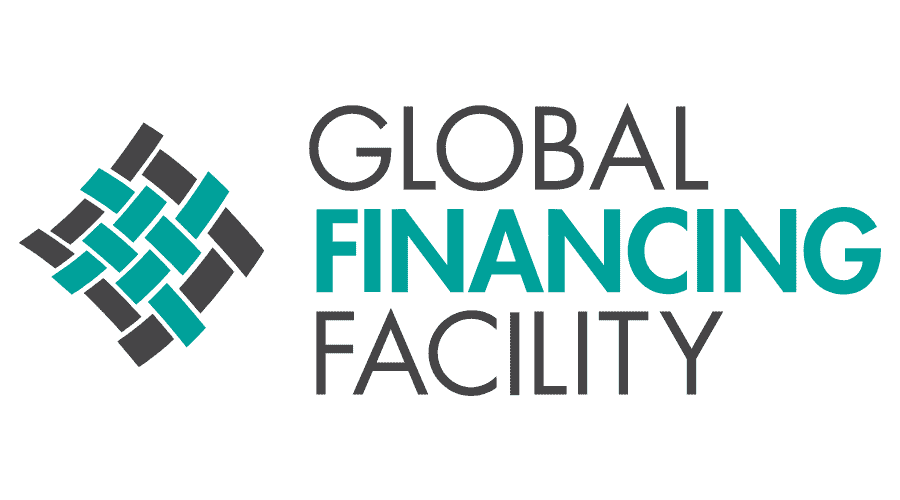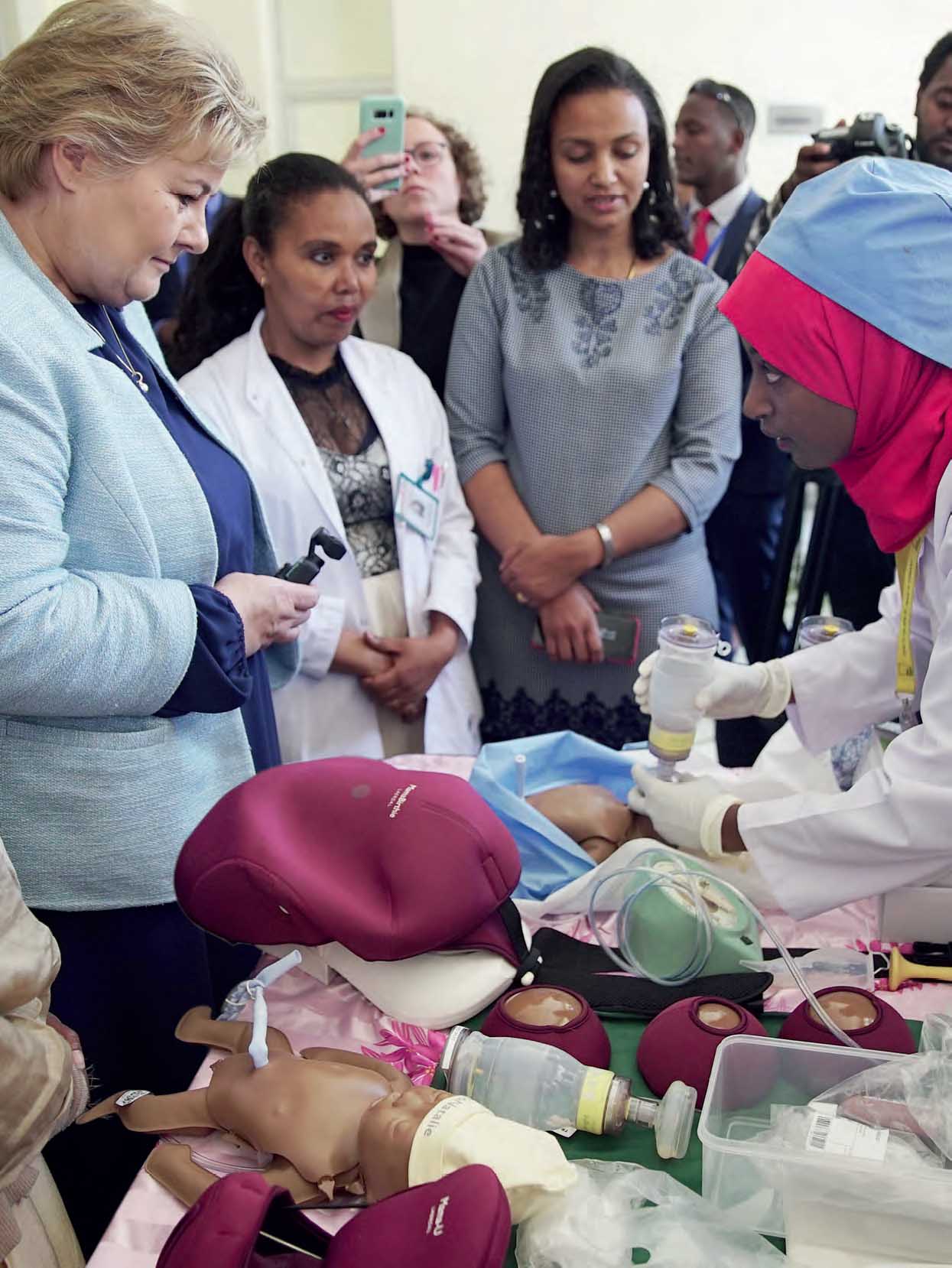Ever since modern lifesaving techniques were developed around 1960, Laerdal Medical (LM) has worked closely with partners to improve the response of healthcare systems to life-threatening emergencies. The company today employs 1,600 people in 25 countries. Its success over the years enabled the shareholders to establish the Laerdal Foundation, an independent charity which supports research in acute medicine and global health. In 2010, the not-for-profit company, Laerdal Global Health (LGH), was formed, followed in late 2019 by the impact investment Laerdal Million Lives Fund (LMLF).
Laerdal believes innovation is about impact and that impact is about collaboration. To that end over the years the company has partnered with many professional associations and NGOs and will continue to do so over the next ten years to help achieve the shared goal of saving one million more lives every year. But this cannot be done without a commitment of significant resources both by the company and by its partners. In addition to the support to the Laerdal Foundation, which in turn supports research projects globally in what is generally called the “Discovery” phase of innovation, Laerdal is committing to spend up to $500m over the next ten years for the “Development” and “Delivery” phases on the road to innovation and impact. Up to $100m in matching funds will be sought from other investors.

